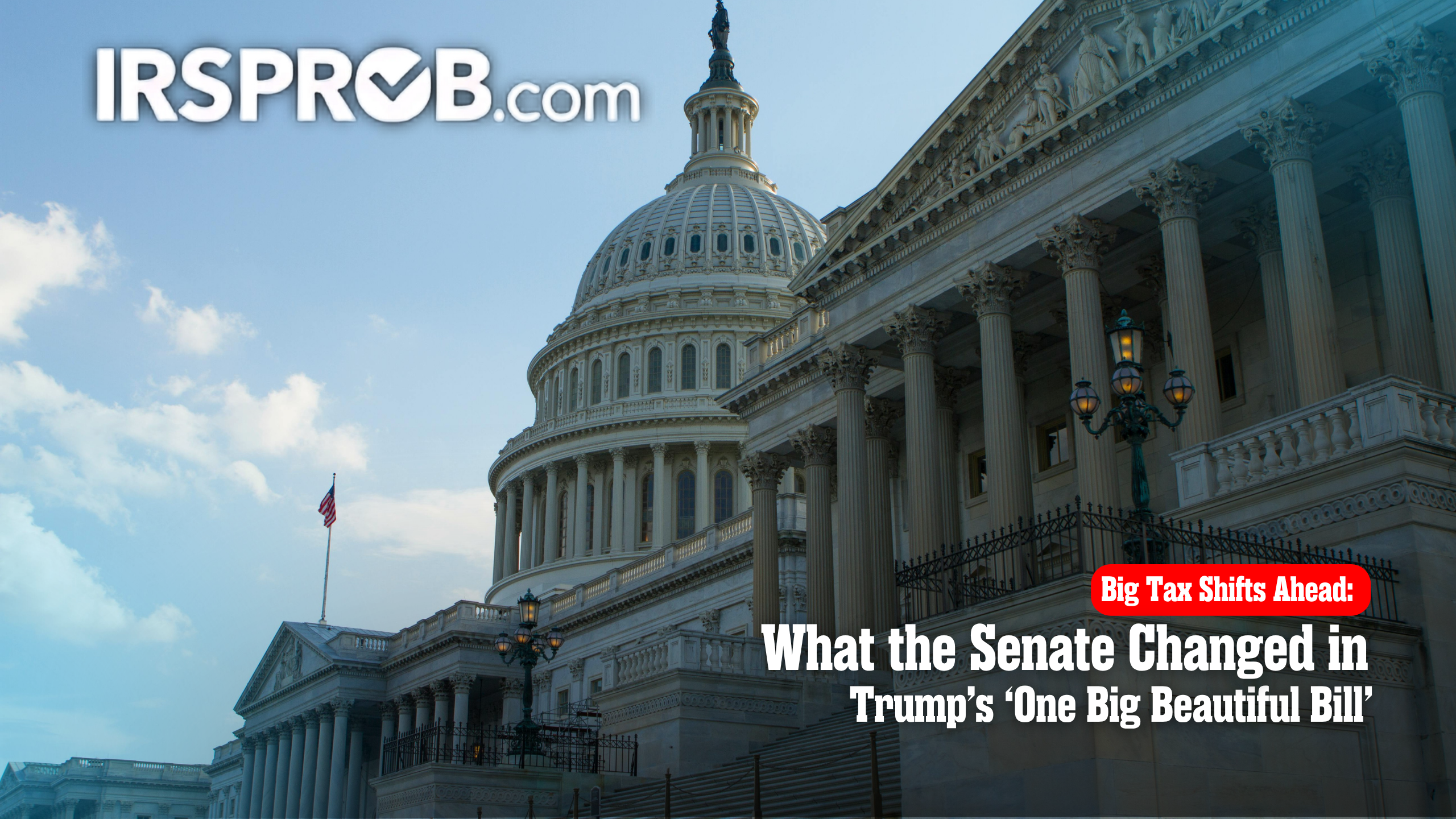[vc_row][vc_column][vc_column_text]
5 Tax Breaks Going Away
Unless Congress Takes Action, say Bye Bye.
During the last two years, Congress enacted several laws that included tax provisions designed to help individuals cope with the pandemic. Many of these tax breaks technically expired at the end of 2021. Unless Congress
takes action, they’re gone for good. Here are five key changes that are no longer on the books.
1. Bigger Child Tax Credit
The American Rescue Plan Act enhanced the tax benefits of parents who have children qualifying for the Child Tax Credit. Notably it:
• Increased the maximum CTC from $2,000 to $3,000 for a qualifying child, or $3,600 for a qualifying child under age six;
• Expanded the definition of a qualifying child to include children under age 18
• Made the credit fully refundable; and
• Authorized advance payments of the CTC during the second half of 2021.
2. Bigger dependent care credit
Previously, a couple with an adjusted gross income above $43,000 who paid qualified child care expenses could claim a maximum credit of up to $600 for one child or $1,200 for two or more children. Lower-income taxpayers were entitled to a bigger credit. The ARPA increased the maximum credit for many families to $4,000 for one child or $8,000 for two or more children. This higher credit was fully available to households with an AGI of up to $125,000. However, the maximum credit was reduced for a family with an AGI of more than $400,000.
3. Non-itemizer charitable donations
The Coronavirus Aid, Relief, and Economic Security Act authorized a $300 charitable deduction for cash donations made by non-itemizers in 2020. Prior to the CARES Act, charitable deductions were only allowed for itemizers. For 2021, the Consolidated Appropriations Act allowed a larger $600 deduction for a married joint-filing couple.
4. Charitable deduction limit
The CARES Act suspended the limit of 60% of AGI for monetary charitable contributions for 2021. Then the CAA extended this higher threshold through 2021. Any excess is carried over for up to five years.
5. Flexible spending accounts
The CAA and the ARPA featured several changes beneficial to participants in flexible spending account plans, including the following:
• FSA plans could be amended to allow participants to carry over the entire balance to the next year.
• An employer was permitted to amend its FSA program to reflect a 12-month grace period instead of 2½ months.
• Under prior law, a dependent care FSA could cover qualified expenses of caring for children under age 13. The CAA increased this age threshold to 14.
• Allocations to an FSA could be amended mid-year even if the participant had no change in status.
• The limit for dependent care FSA contributions was increased from $5,000 to $10,500 for 2021.[/vc_column_text][us_image image=”3488″][/vc_column][/vc_row]








